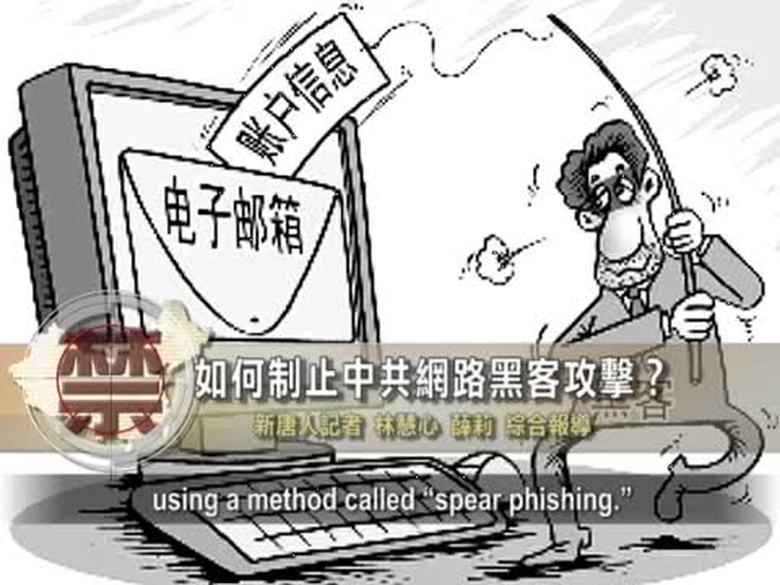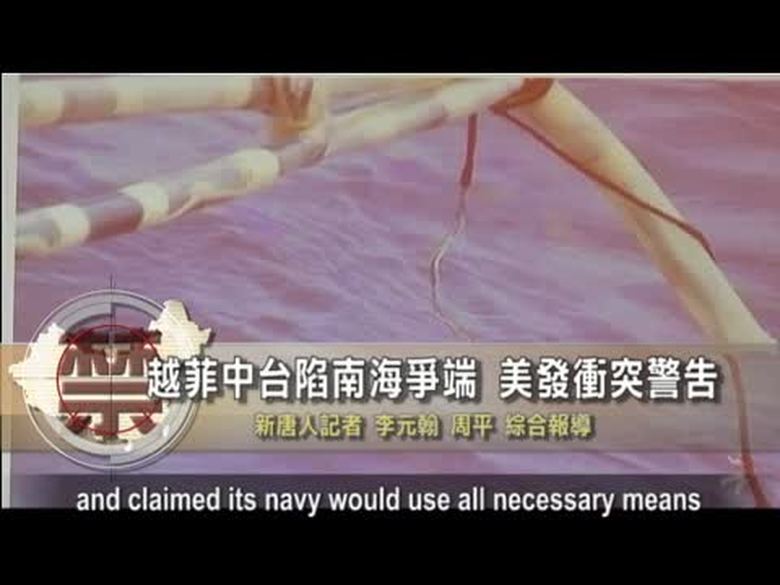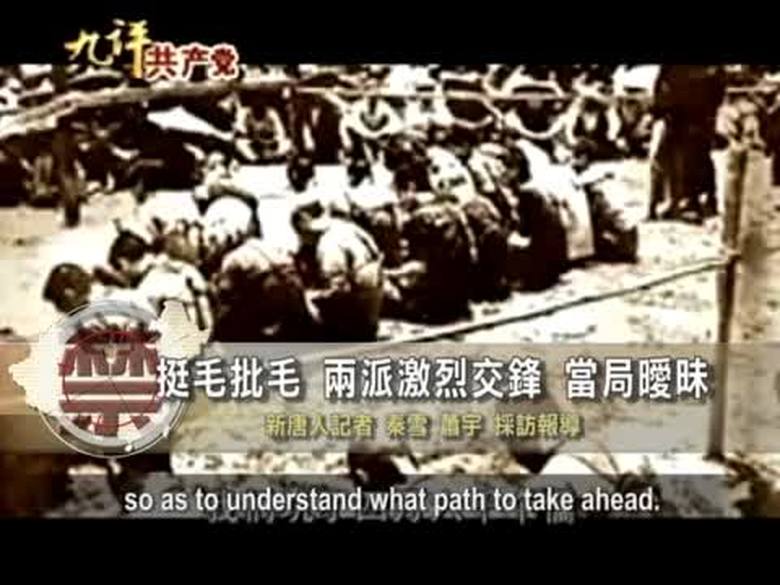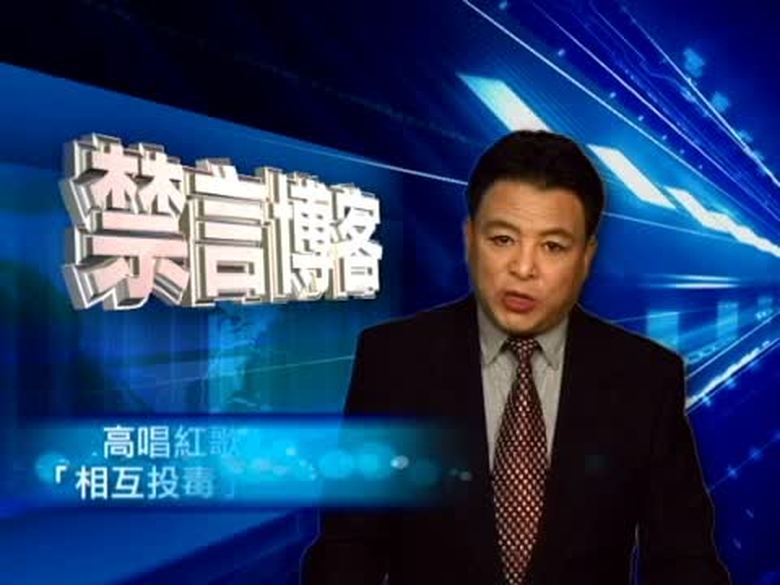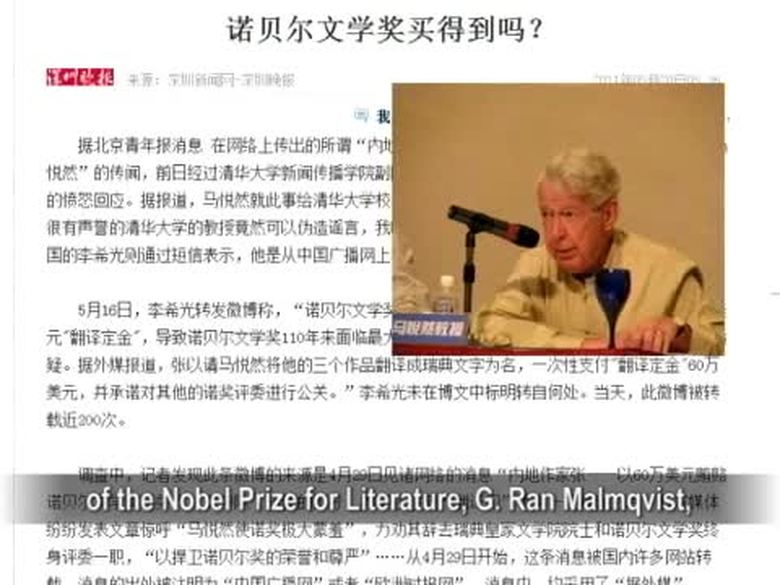【新唐人2011年6月6日訊】在中國這樣一個一黨專制的國家,人們是否相信中共官方提供的歷史版本和各種信息是真實的?而非官方的刊物又是如何在狹縫中生存呢?一位英國華裔博士生剛剛完成有關「地下民刊」的博士論文,其中表示,中國的民刊不管如何打壓,自57 年以來就是「野火燒不盡,春風吹又生」。
《法國國際廣播電臺》最近報導,英國倫敦威士敏特大學博士生邵江發表論文,題為《從中國地下民刊發展看民間抵抗極權的過程 》,闡述了在中國這種集權社會裏創辦民間刊物的歷程。
論文指出,從57年到61年是民刊發展的第一個階段,第二段是62年到68年,第三階段則是67年至76年,每一階段正好是中共控制最嚴厲和鎮壓最殘酷的時期。至今中國歷經了第四和第五階段,直到現在的互聯網時代。
邵江:「中共統治大家可以把它叫做極權制度或者黨國制度。它的一個重要的特徵就是遮罩、邊緣、甚至摧毀民間那一段獨立的歷史和反抗的歷史。同時它提供一個關於這段歷史的主流的敘述版本,使得一代一代人遺忘或者根本不知道這段歷史的不同敘述。我的研究的一個目標就是想還原這一段存在於民間的獨立的歷史,一個反抗的歷史。」
80年代成立的民刊《北京之春》,現任主編胡平回憶了當時的一些情況。
胡平:「最初我看到是在西單牆那裏貼著很多的大字報,(就是)現在說的訪民,要求談自己的冤假錯案,要求平反等等,然後也出現了一些談論時政的文章,在這個時候,就有人把這些文章那找一定的形式把它編排起來就做成了刊物的形狀。」
據胡平介紹,民間刊物當時北京最多,影響比較大的有4、5家,包括《北京之春》、《四五論壇》、《今天》、《沃土》和《探索》等雜誌。
民刊發展到今天,大多也從書面的版本,進階到電子網絡的版本,提供給讀者更多的方便。中國民主黨主席王軍濤認為,網路開闢了新的空間,卻也有一定的缺陷。
王軍濤:「過去民刊有一個好處,你別看我每一期只買300∼500份,但是這300、500出錢買我刊物的人都是真的關心中國政治的,他是理想主義者,跟你有類似語言的。但是網路這東西他可能上去10萬、8萬全是上去尋樂的、找刺激的。這樣就使得一些真正的東西淹沒在裡面。但是平面媒體不會的。」
儘管如此,邵江認為,現在使用虛擬的方式,安全性相對較高,同時容易超越地理限制﹔另一個特點就是網絡能夠快速傳播和複製,概括來講,就是『野火燒不盡,春風吹又生』。邵江說,民刊實際上是在跟全球的公民社會對話,使中國也成為全球公民社會的一員。」
新唐人記者林慧心、李璐綜合報導。
Private Journals Won』t Disappear
In authoritarian China, do people believe in China's
official version of history and other information?
How do non-official publications survive?
A Chinese-British PhD degree holder just finished
his dissertation on "private journals," concluding
that despite suppression, private journals
have been added to a queue, growing since 1957.
A recent report from Radio France Internationale,
said that Shao Jiang, a PhD student
at the University of Westminster, London published
the article 』Civil Resistance To Totalitarianism
By Underground Publications.』 The article describes
how private publications survive in totalitarian China.
The paper said the first stage in the development
of private journals was from 1957 to 1961.
The second stage was from 1962 to 1968. The third
was from 1967 to 1976. This was the most harsh
and repressive period during CCP』s control.
China experienced the fourth and fifth stages,
and has come into the Internet era now.
Shao Jiang: “CCP regime can be called totalitarian
system or party-state system. An important feature
is to cover, peripheralize, or destroy the history
of resistance. It provides an official narrative
of history, making future generations forget
or not know different narratives.
One of my research interests was to restore this part
of history, a history of civil resistance.”
Beijing Spring is a private journal established
in the 80s. Current editor Hu Ping recalled its history.
Hu Ping: “At the beginning, I saw many posters
on walls in Xidan by those now called petitioners.
They requested attention on their unjust cases
or restoring their reputation. Later, some articles
on politics appeared and brought for publication.”
According to Hu Ping, private journals were mostly
in Beijing. Four or five of them could be called
influential, including Beijing Spring, April Fifth Forum
Today, Fertile Soil, and Exploratory.
Today, private journals have mostly transformed
from written versions to electronic versions online,
providing more convenience to readers. Chairman
Wang Juntao of China Democratic Party said
the Internet opened up new space, but has flaws.
Wang Juntao: “A printed version has its advantages.
Even though I only sold 300-500 copies,
those people who bought my journal truly cared
about China』s politics, they were idealists
sharing a common language with me. But Internet
could have 100k readers just looking for excitement.
This often results in real facts being overlooked,
something that will not happen in print media.”
Shao Jiang believes that the current virtual way
is safer and easy to go beyond geographical limits.
Internet is fast in news spreading and reproduction.
Shao Jiang said that private journals are dialogues
with civil societies in the world, so China could
become a member of the global civil community.
NTD reporters Lin Huixin and Li Lu


















